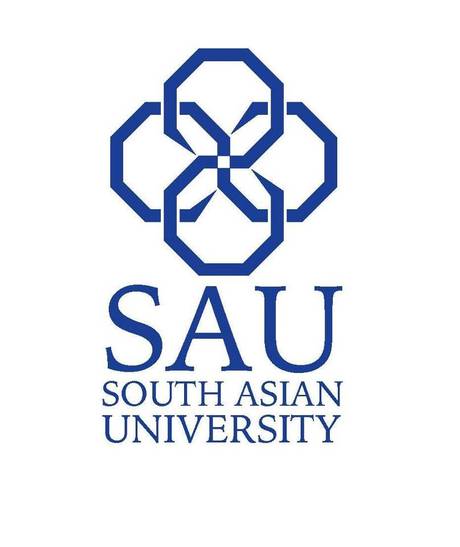
A government circular on the recruitment of the next president called for applications only from Indian candidates. The post is rotated among SAARC members according to the rules.
An advertisement seeking applications for the post of president of the South Asian University, the flagship educational centre of the South Asian Association for Regional Cooperation (SAARC), has caused disquiet among the university’s academics.
A government circular on the recruitment of the next president called for applications only from Indian candidates, prompting questions about the university adhering to the principle of rotation for the post among SAARC members.
The circular, issued by the Ministry of External Affairs, said, “The President should be a person with a global perspective and outstanding academic excellence and having at least 10 years of teaching and research experience at the level of professor in a recognised university or academic institution.” However, the advertisement brought out by the BIMSTEC, the SAARC division of the Ministry, made it clear that applications were invited only “from Indian nationals”.
Sources at the university said limiting the process to Indian nationals would violate the university rules, as endorsed by the 38th SAARC Standing Committee (February 2011) and updated in May 2014. Rule 5.1 lays down the procedure for appointment of a president.
Rule 5.1.2 says, “The first President of the University shall be nominated by the host country. Subsequent Presidents…shall be nominated by the respective Member States of SAARC on the principle of alphabetical rotation.”
In view of this principle, the sources said, this year’s process to find a president would deny a chance to countries like the Maldives that could fill the post after the tenure of Kavita Sharma ends in the first week of November.
“We are not aware of the procedure to select the new president as the process is being handled by the Ministry of External Affairs,” a source at the university told The Hindu.
The university has so far been led by two Indian presidents: late G.K. Chadha and Kavita Sharma. Under the rules, a new panel of candidates can be sought if a chosen panel fails to produce a president.
The sources pointed out that non-adherence to the principle of rotation would undermine the university’s SAARC character.
(Source: The Hindu)